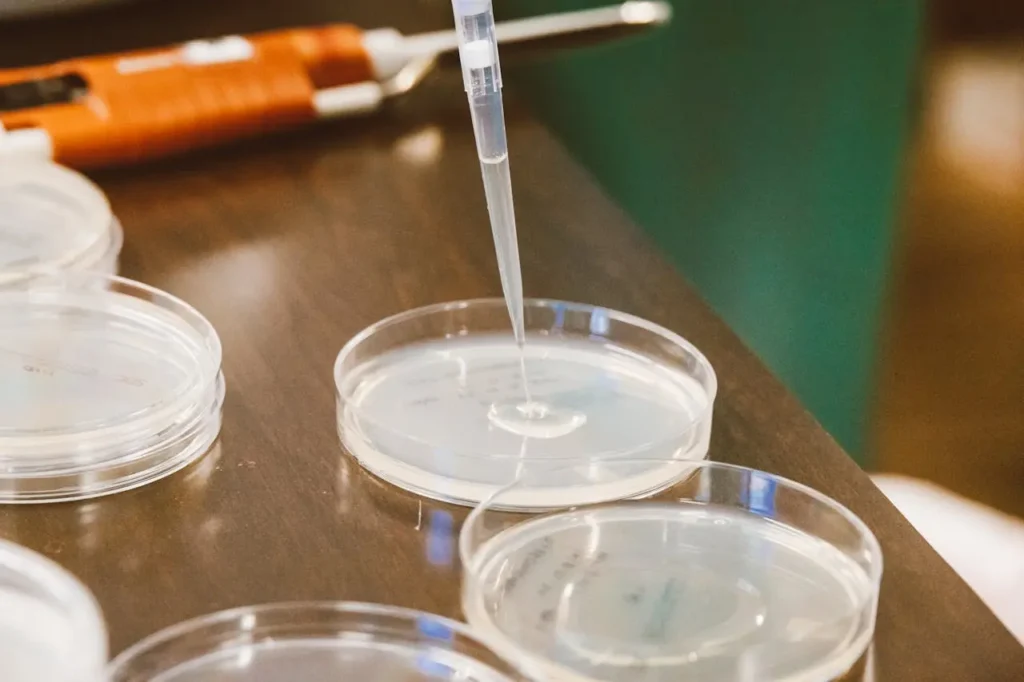
Study shows Roche Gazyva/Gazyvaro significantly improves outcomes in pediatric and young adult patients with idiopathic nephrotic syndrome.
Roche Announces Positive Phase III Results for Gazyva in Idiopathic Nephrotic Syndromeannounced today statistically significant and clinically meaningful results from the phase III INShore study of Gazyva®/Gazyvaro® (obinutuzumab) in children and young adults (aged >= 2-25 years) Roche with idiopathic nephrotic syndrome (INS). The study met its primary endpoint, with more people achieving sustained complete remission at one year (week 52) with Gazyva/Gazyvaro compared with mycophenolate mofetil (MMF)
Sustained complete remission was defined by the absence of relapses during the study together with a low amount of protein in the urine (protein to creatine of 0.2 or less) at week 52.1 Certain Roche important key secondary endpoints were also met. No new safety signals were identified and safety was in line with the well-characterised profile of Gazyva/Gazyvaro in adults.
These results show that Gazyva/Gazyvaro may achieve robust disease control with a reduced need for corticosteroids, which are associated with serious side effects over time,” said Levi Garraway, MD, PhD, Roche’s Chief Medical Officer and Roche Head of Global Product Development. “Idiopathic nephrotic syndrome is a severe and chronic kidney disease usually diagnosed in early childhood, yet meaningful treatment progress has been limited. As a targeted therapy, Gazyva/Gazyvaro has the potential to help address this unmet need and we look forward to sharing the data with health authorities.”
Roche For several decades, treatment for idiopathic nephrotic syndrome has primarily relied on steroids yet relapse rates remain high and long-term use is limited by serious side effects.2-4 Newer approaches that target specific immune cells – such as B cells, thought to be a key driver of disease activity – may help control symptoms more effectively.5,6

Analysis of key secondary endpoints showed statistically significant and clinically meaningful benefits with Gazyva/Gazyvaro with an increase in those with overall relapse-free survival (RFS), median time to relapse or death, reduction in cumulative corticosteroid dose from baseline to week 52, and fewer relapses from baseline to week 52, all compared with MMF. Other key secondary endpoints showed no significant difference with Gazyva/Gazyvaro versus MMF.*
Data will be presented at an upcoming medical meeting and shared with health authorities, including the US Food and Drug Administration and the European Medicines Agency.
INShore data add to a growing body of evidence, including the phase III REGENCY study in lupus nephritis, that shows targeting disease-causing B cells with Gazyva/Gazyvaro may help address disease activity across a spectrum of immune-mediated kidney and kidney-related diseases.7-10 In October 2025, Gazyva/Gazyvaro was approved in the US for the treatment of adults with active lupus nephritis who are receiving standard therapy, based on data from the phase III REGENCY and phase II NOBILITY studies.
In addition to idiopathic nephrotic syndrome, Gazyva/Gazyvaro is being investigated in membranous nephropathy, lupus nephritis, rare immune-mediated kidney diseases and systemic lupus erythematosus an autoimmune disease that can lead to lupus nephritis, as part of our ambition to be leaders in immune-mediated kidney and kidney-related diseases.11-13
About Gazyva/Gazyvaro
Gazyva®/Gazyvaro® (obinutuzumab) is a Type II engineered humanised monoclonal antibody designed to attach to CD20, a protein found on certain types of B cells.14
Gazyva/Gazyvaro is approved for adults with lupus nephritis who are receiving standard therapy in the US. In October 2025, the European Medicines Agency’s Committee for Medicinal Products for Human Use recommended approval in the European Union, with a final decision expected from the European Commission in the near future. Gazyva/Gazyvaro is also approved in 100 countries for various types of haematological cancers. In the US, Gazyva is part of a collaboration between Genentech and Biogen.
About the INShore study
INShore [NCT05627557] is a phase III open-label, randomised, multicentre study investigating Gazyva®/Gazyvaro® (obinutuzumab) compared with mycophenolate mofetil (MMF) in children and young adults in clinical remission (aged >=2-25 years) with frequently relapsing or steroid-dependent nephrotic syndrome. The study enrolled 85 children or young adults who were randomised 1:1 to receive Gazyva/Gazyvaro at weeks 0,2, 24 and 26, or MMF daily. The primary endpoint is the percentage of participants with sustained complete remission at one year (week 52).
About idiopathic nephrotic syndrome
Idiopathic nephrotic syndrome is a rare kidney-related autoimmune disease, usually diagnosed in early childhood.2 It is characterised by unpredictable relapses that cause fatigue, swelling, weight gain and increased susceptibility to infections and clotting, as well as anxiety, depression and reduced self-esteem, brought on by the fear of relapse and social isolation.2,15 The current mainstay of treatment is steroids, however relapse rates remain high (>70%) and the serious side effects limit long-term use.2-4
There is an urgent need for new targeted treatment approaches that can sustain remission and reduce the physical and psychosocial burden of the disease.
Source link: https://www.roche.com





